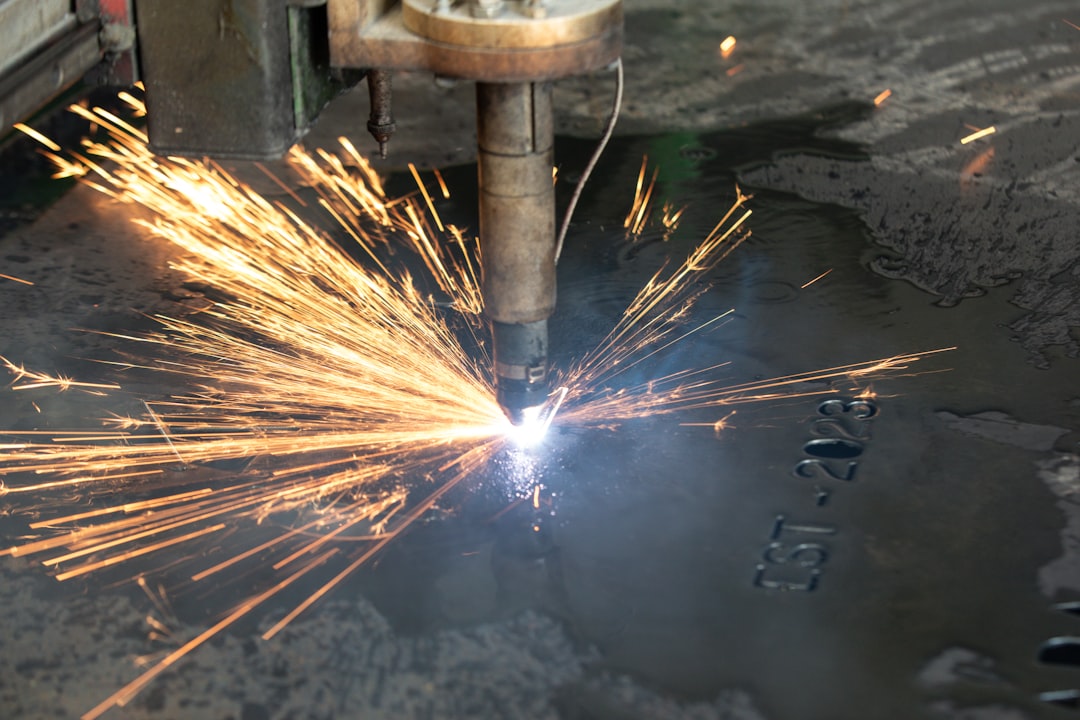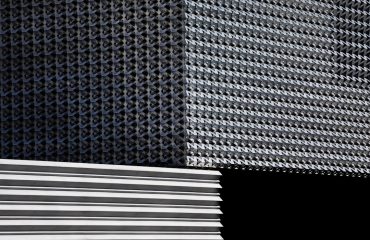In the demanding world of industrial machinery, standardized components often fall short. That’s where the power of customized steel machine parts comes into play. Bespoke steel components offer unmatched precision, durability, and performance, tailored to meet the unique requirements of your specific application. This comprehensive guide delves into the intricacies of customized steel machine parts, exploring their design, manufacturing, benefits, applications, and material selection.
Designing Your Ideal Steel Machine Part: Precision and Purpose
The design phase is critical. It begins with a thorough understanding of your machine’s functionality and operating conditions. Factors such as load capacity, operating temperature, required tolerances, and the overall environment play a crucial role in determining the optimal design. Experienced engineers utilize advanced CAD (Computer-Aided Design) software to create detailed 3D models, ensuring accuracy and minimizing potential errors. Finite Element Analysis (FEA) may be employed to simulate real-world conditions and optimize the part’s strength and durability. This iterative design process ensures the final product not only meets but exceeds your expectations.
Consideration should also be given to manufacturability. The design must be compatible with the chosen manufacturing processes, such as forging, casting, machining, or a combination thereof. Careful attention to detail in this phase significantly impacts the final cost and lead time.
State-of-the-Art Manufacturing Techniques for Steel Machine Parts
The manufacturing process for customized steel machine parts is a testament to modern engineering capabilities. Several techniques are employed, each with its own strengths and weaknesses. Forging, a process involving shaping metal under high pressure, produces exceptionally strong and durable parts. Casting, on the other hand, allows for complex shapes and intricate designs. Machining, using tools like lathes and milling machines, offers unparalleled precision and surface finish. Advanced techniques like 3D printing (additive manufacturing) are also gaining traction for prototyping and producing complex geometries.
The choice of manufacturing method depends heavily on the part’s design, material, required tolerances, and production volume. Experienced manufacturers can guide you in selecting the most efficient and cost-effective approach.
The Unmatched Benefits of Customized Steel Machine Parts
Choosing customized steel machine parts offers a multitude of advantages over off-the-shelf components. Firstly, they provide unparalleled precision and accuracy, leading to improved machine performance and efficiency. Secondly, they offer enhanced durability and longevity, reducing the need for frequent replacements and minimizing downtime. Thirdly, customized parts can be designed to optimize weight and reduce energy consumption. Finally, bespoke components allow for greater flexibility in design, enabling the creation of innovative machines and processes.
The long-term cost savings associated with reduced maintenance, increased uptime, and improved efficiency often outweigh the initial investment in customized parts.
Applications Across Diverse Industries: Where Customized Steel Shines
The versatility of customized steel machine parts makes them indispensable across a wide range of industries. In the automotive sector, they are integral to engine components, transmissions, and chassis systems. The aerospace industry relies on customized steel parts for their exceptional strength-to-weight ratio in aircraft structures and engines. Heavy machinery, such as construction equipment and mining vehicles, benefits from the durability and reliability of customized steel components. Even in the medical device industry, precisely engineered steel parts are crucial for the functionality and safety of advanced medical equipment.
The possibilities are virtually limitless, with customized steel parts playing a critical role in almost any machine or system requiring high strength, precision, and durability.
Material Selection: Choosing the Right Steel for the Job
Steel is a remarkably versatile material, with numerous grades and alloys available to suit diverse applications. The choice of steel depends on factors such as required strength, hardness, corrosion resistance, and weldability. Common steel grades used in machine parts include low-carbon steel, medium-carbon steel, high-carbon steel, alloy steels, and stainless steels. Each grade possesses unique properties that make it suitable for specific applications.
Selecting the appropriate steel grade is crucial for ensuring the longevity and performance of the machine part. Consulting with materials engineers can help determine the optimal steel for your specific needs.
In conclusion, investing in customized steel machine parts is a strategic decision that can significantly enhance the performance, reliability, and longevity of your machinery. The precision, durability, and versatility of these components make them an invaluable asset for businesses across various sectors. By carefully considering the design, manufacturing process, and material selection, you can unlock the full potential of customized steel and achieve optimal results.
Tags: customized steel machine parts, bespoke steel components, steel fabrication, precision machining, industrial parts




